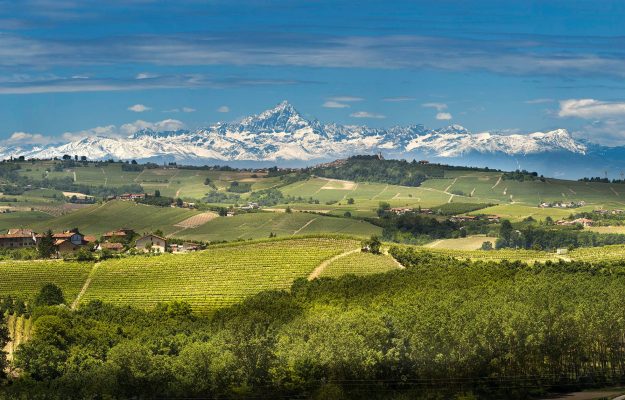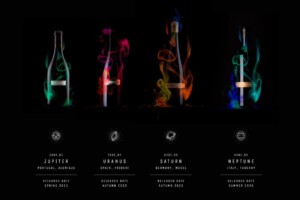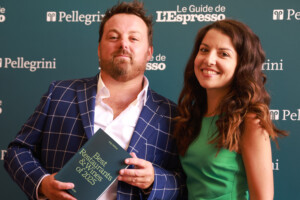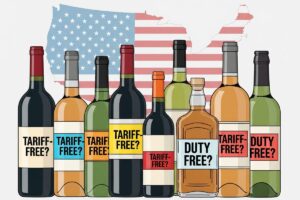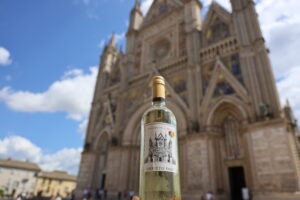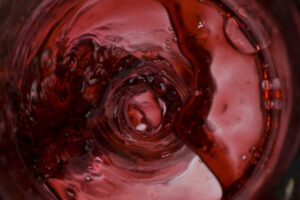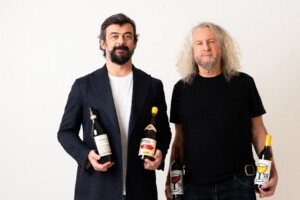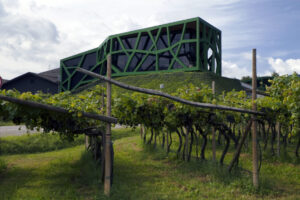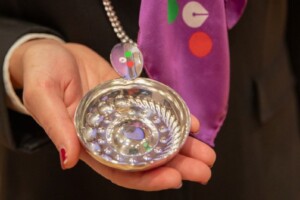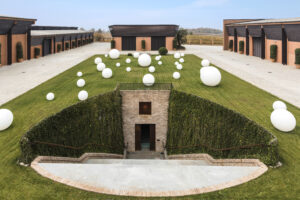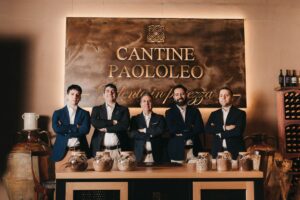After 2020 in which, at least on the export front, Italian wine seems to have resisted the impact of Covid, even 2021 promises to be anything but easy. For this reason it is crucial to take advantage of all the financial opportunities that exist in order to face the difficulties that may exist in terms of liquidity. Among these, as it is now known, one of the most interesting is the revolving pledge on cellar stocks authorized by “Cura Italia”, which is already finding peculiar ways, such as the securitization developed by the partnership between Intesa Sanpaolo and Consorzio di Tutela Barolo Barbaresco Alba Langhe Dogliani. Specifically, we are talking about a 5-year loan, with a period of pre-amortization, which is necessary to face the difficulties of the sector, re-establish a financial balance in the company and invest in the restart. Presenting the new instrument today via webinar were the President of the Consorzio dei Barolo e Barbaresco, Matteo Ascheri, and Teresio Testa, Director Piedmont-Valle d’Aosta-Liguria of Intesa Sanpaolo.
The operation - technically a securitization developed by the IMI Corporate & Investment Banking Division - allows companies to access a multi-year and continuous loan against the pledge of the last 3 vintages of wine destined to be Barolo and the last 2 vintages of wine destined to be Barbaresco. The value of the underlying guarantee is calculated on the basis of the price of grapes published by the Chamber of Commerce of Cuneo. The operation is based on the legal structure of the non-possessory revolving pledge on agricultural and food products, according to which the producer can freely dispose of the wine given as a guarantee for all the processes of processing and refining.
An important tool, as pointed out by Matteo Ascheri: “all things considered, things have held up, in terms of overall sales, even though obviously with the restaurant sector at a standstill there has been a drop in value. The situation is complicated - he told WineNews - the duration of the pandemic and uncertainty do not help, we should hold out for the first half of the year, hoping that the situation will improve in the second half. 2021 is off to a pretty good start, given the overall picture. Clearly we are not talking about exceptional numbers. As I said, the problems are not so much related to sales as to values: we need to invest in order to sell better, and this is another reason why tools like the one we have developed with Intesa San Paolo are interesting. This is another reason why tools like the one we have developed with Intesa San Paolo are so interesting. Moreover, we can rely on our wines such as Barolo and Barbaresco, which are “universal” wines, not linked to trends or fashions. They are long-lived, and therefore can have a very long life in the cellar and in sales, in a global market, thanks to the work of our companies around the world in the last 40 years, which have positioned territory and brands in the best way. It is clear that in order to be well positioned and to grow further, it is necessary to make investments that require resources, and therefore the possibility to make stocks “liquid” from a monetary point of view is a very useful thing to face these investments and future challenges. Which are related to recognition, origin, and affirmation of corporate philosophies”.
The territory of Langhe Roero and Monferatto, underlined Intesa San Paolo, thanks to years of previous work and investments on quality, identity, certifications and links with the supply chain, maintains the potential to face the current emergency. Starting with quality: the production of PDO and PGI wine in Piedmont represents almost 94% of the regional total. At the national level, the Region, ranks second in terms of exports, equal to 1.1 billion euros in 2019, despite being only seventh in terms of production, with 2.5 million hectoliters. Even in the difficult context of 2020, the district of the Wines of Langhe, Roero and Monferrato stood out for its good resilience on foreign markets, positioning itself among the best Italian wine districts in terms of exports, with a drop in the first 9 months of the year compared to the same period in 2019 contained at -1.1%. In particular, the province of Cuneo in the first nine months of the year (latest data available) managed to increase sales in the United States and in some important European markets such as Belgium, Norway, Switzerland, France, Slovakia and the Netherlands. The availability of new credit will allow companies wishing to take advantage of it to have more resources to invest in strategies for restarting. In addition to introducing the novelty of the revolving pledge, the renewal of the agreement confirms the collaboration between the Consortium and the Bank on the main issues in response to the specific needs of the sector: credit, support for exports, supply chain agreements. On the e-commerce front, where with the lockdown online purchases on the Italian market grew by 55% compared to 2019, Intesa Sanpaolo offers producers access to Destination Gusto. The online platform for the enhancement and sale of made-in-Italy food and wine excellence guarantees secure payments and takes care of logistics.
“We wanted to build a solution tailored to our territory and give it strength - added Teresio Testa, Piedmont-Valley of Aosta-Liguria Director of Intesa Sanpaolo - with an initial allocation of 50 million euros. The wine that is aged in the cellar becomes an asset in the company's balance sheet: a simple idea, but one that requires a Bank willing to take the risk, a reliable partner such as the Consortium and the courage of our producers who understand that the only viable way forward is to continue to invest in digitalization, new work tools, training and communication”.
Copyright © 2000/2025
Contatti: info@winenews.it
Seguici anche su Twitter: @WineNewsIt
Seguici anche su Facebook: @winenewsit
Questo articolo è tratto dall'archivio di WineNews - Tutti i diritti riservati - Copyright © 2000/2025










